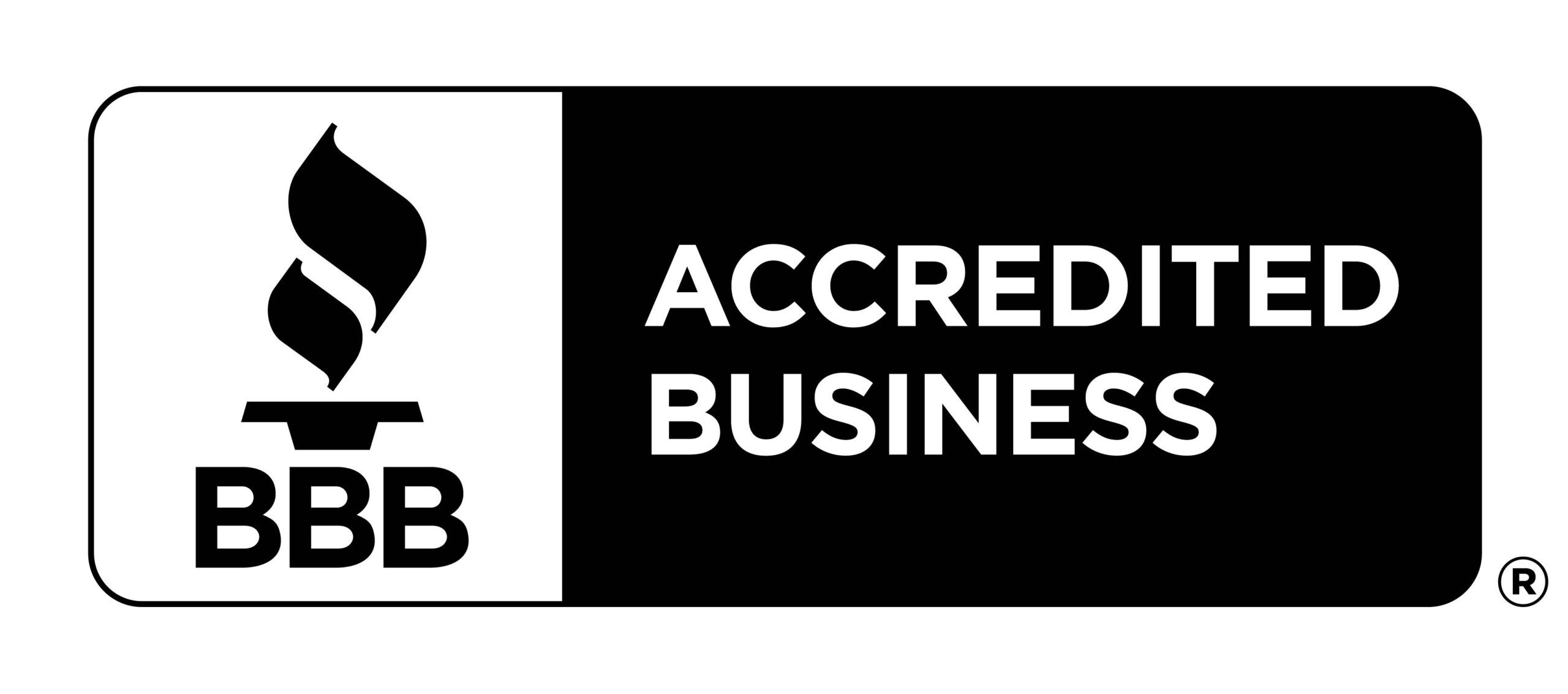Menu

As many people fled to new cities during the pandemic, they kept their stuff in self-storage facilities. Thus, the global self-storage development pipeline has continued to be extremely dynamic.
That being said, many states have enacted new self storage industry laws and regulations from employment to rental contracts that went into place on January 1, 2022.
For example, Senate Bill 101 (SB 101) was signed into law, which will allow self-storage operators to advertise lien sales on online-auction websites instead of in a newspaper of general circulation. The measure also updates rental-agreement requirements regarding delinquency notifications. Many other states have followed suit.
Self-storage rental agreements now must request that tenants provide two email addresses and a mobile number. Facility operators must also inform clients, either within the rental agreement or via verified mail, of the company’s right to enforce a lien. If this information is included in the lease, it must be in bold type at least 12 points in size, and the client must initial next to the language when signing. If delivered by mail, the information must also be sent via email and text message.
When notifying delinquent tenants of an active lien, self-storage operators must send written notices via verified mail to the last known physical address on the rental agreement as well as by email (primary and secondary addresses) and text message, if provided on the lease.
Operators can still advertise a lien sale 10 days after notification is mailed to the tenant or at least 10 days after the payment deadline has passed, whichever is later. Though that timeframe didn’t change in the updated law, operators must wait 30 days to begin lien enforcement if the notice of lien rights was sent to the tenant via mail instead of included and acknowledged in the rental agreement.
The national Self Storage Association (SSA) recommended that all operators update their rental contract. The bill was supported by the SSA and the Louisiana Self Storge Association, which lobbied to eliminate the newspaper-advertising requirement.
 Keeping current with employment laws is challenging but critical for all business owners. Self-storage operations, like all other businesses, have an obligation to comply with state and federal laws that apply to the hiring, work, and termination of employees. Lawsuits are filed every day against owners who believe they’re acting properly in regard to their staff, only to find out certain laws have changed, and they failed to update their systems accordingly. Following are six important areas you should review to ensure you’re current with employment legislation.
Keeping current with employment laws is challenging but critical for all business owners. Self-storage operations, like all other businesses, have an obligation to comply with state and federal laws that apply to the hiring, work, and termination of employees. Lawsuits are filed every day against owners who believe they’re acting properly in regard to their staff, only to find out certain laws have changed, and they failed to update their systems accordingly. Following are six important areas you should review to ensure you’re current with employment legislation.
The federal minimum wage was recently raised for the first time since 2009. As a result, many states have taken steps to increase their own minimum-wage requirements, causing uncertainty for multi-state self-storage operators as to the proper wage for employees. It’s essential to confirm you’re paying above the minimum at each facility location.
More than 27 states have increased their minimum wage since 2014. Many of those states have even created an “index” for annual inflation, thereby increasing the wage automatically each year over the next few years. In addition, more than 44 localities (cities and counties) have increased minimum wage above the state minimum.
One of the most difficult issues for self-storage owners is exemption. Many pay their facility managers an hourly wage rather than an annual salary. This means staff are non-exempt and must be paid for overtime. In general, they’re entitled to time and a half for hours over 40 worked per week. You must know your wage requirements for the states in which you operate and track your staff hours to ensure proper compensation.
An ongoing challenge in the self-storage industry is how to address hours worked by managers who live on site. Although the practice of hiring of resident managers is diminishing, there are still properties with manager apartments.
The initial idea behind resident management was to offer clients (and owners) a sense of security and a higher level of service. But with the “live where you work” approach comes the risk that employers and employees have a different understanding of “work hours.” This issue isn’t unique to self-storage and has been addressed by the U.S. Department of Labor (DOL). It also arises with apartment managers, firefighters, and other positions in which the employee resides at the workplace.
The DOL has relied on the law found in the Code of Federal Regulations (CFR), specifically 29 CFR 785.23, titled “Employees residing on employer's premises or working at home.” Based on this rule, storage owners can set guidelines with their employees to hopefully avoid any later dispute over hours to be worked and work to be performed.
Under the U.S. Immigration Reform Act, all employers must have a valid and complete Form I-9, Employment Eligibility Verification, for each employee, citizen or noncitizen. The employee must attest to and provide proof of his identity, though the documentation to prove it can vary. There’s a list of acceptable documents on the form, and an employer can’t limit what he’ll accept as proof.
Employees must complete their I-9 no later than their first day of work. Employers must complete their part of the form no later than the employee’s third day of work. They must then retain all forms until the later of three years after the employee began work or one year after he was terminated. The documents can be stored electronically and needn’t be kept in the original format.
An employer can be found to have violated immigration laws if he fails to verify the identity and eligibility of a new employee through the use of an I-9. Fines for violations, depending on the number of employees involved, can range into tens of thousands of dollars, especially for those who knowingly fail to obtain the forms as required. Criminal prosecution is also possible for repeat and flagrant offenders. U.S. Immigration and Customs Enforcement can consider its penalties based on the size of the business, the good faith effort to comply, the seriousness of the violation, whether the violation involved undocumented workers, and the history of previous violations.
 Unique changes in employment laws in California, Illinois and New York provide guidance as to women’s rights in the workplace. In New York City, all employers with 15 or more employees in are required to conduct annual anti-sexual-harassment training for all staff. Similarly, California has amended its state law to require all employers with more than five employees to provide anti-harassment training to staff, with additional training for all supervisors.
Unique changes in employment laws in California, Illinois and New York provide guidance as to women’s rights in the workplace. In New York City, all employers with 15 or more employees in are required to conduct annual anti-sexual-harassment training for all staff. Similarly, California has amended its state law to require all employers with more than five employees to provide anti-harassment training to staff, with additional training for all supervisors.
Additionally, the California law was amended to disallow any settlement agreements that would prohibit the disclosure of the underlying sexual-harassment claim. In other words, the law would void any agreement where a person was required to forfeit his rights to disclose the unlawful acts that occurred in the workplace.
At Forge, we are happy to be employing many women executives who are spearheading the industry movement in the world of construction. For our position on this topic, see women in construction
Sexual harassment is a form of sex discrimination as outlined under Title VII of the Civil Rights Act of 1964. There are two recognized forms. The first is a type of “quid pro quo” scenario in which a supervisor demands a subordinate tolerate harassment as a condition of keeping his job (or tenancy). The second is the existence of a hostile or abusive work environment where conduct can be verbal or physical, is frequent, and is improperly tolerated.
From a legal perspective, the discussion should be about workplace education and training as well as proper procedures for reporting claims and managing the investigation and discipline regarding such claims. The business liability exposure is such that the company as well as the perpetrator can be liable, depending on what the company knew about the conduct and what it did to stop the harassment.
Companies must have a sexual-harassment policy in place, no matter their size. Though only companies with 15 or more employees are subject to the federal laws for Title VII claims, smaller companies may still be held liable under applicable state laws. There must be sufficient training related to sexual harassment, so employees can be educated about proper behavior in the workplace as well as the procedures in place in case an incident occurs.
Two recent topics have led business operators to update their employee handbooks. The first is the use of social media; the second is driving while using a cellphone.
Employers are subject to potential liability if their employees, acting under the scope of their employment, post negative social media statements against other employees, clients, or the company itself. Certainly, employers can be even held liable if their employees, to impact competition, post false or fake reviews to impact business. To combat these risks, employers should update their policy handbooks to address employee behavior on social media. These policies should outline how staff are to conduct themselves online and the risk of discipline and possible termination for the violation of these rules.
Similarly, employers can be held liable for injuries that arise as a result of the employee’s violation of the law while driving and using a mobile phone during working hours. Now that more states have enacted “hands-free” laws, an employee must understand the applicable laws and recognize they’re subject to discipline if not termination for any infractions while driving within the scope of work (visiting clients, running facility errands, etc.).
One of the trickiest arts of running a self-storage business is having staff. Today, self-storage owners need to pay attention not only to federal laws, but also to the states and municipalities laws where the business resides. As a self-storage owner, it’s imperative to stay informed on these ever-changing regulations. Liability can be significant in terms of cost to defend and financial exposure to the business.
At Forge, we stay abreast of all state and federal regulations to ensure that our clients get the best-quality, compliant self-storage facilities in their area. For more information on how we can help you, please see Forge Building Company
